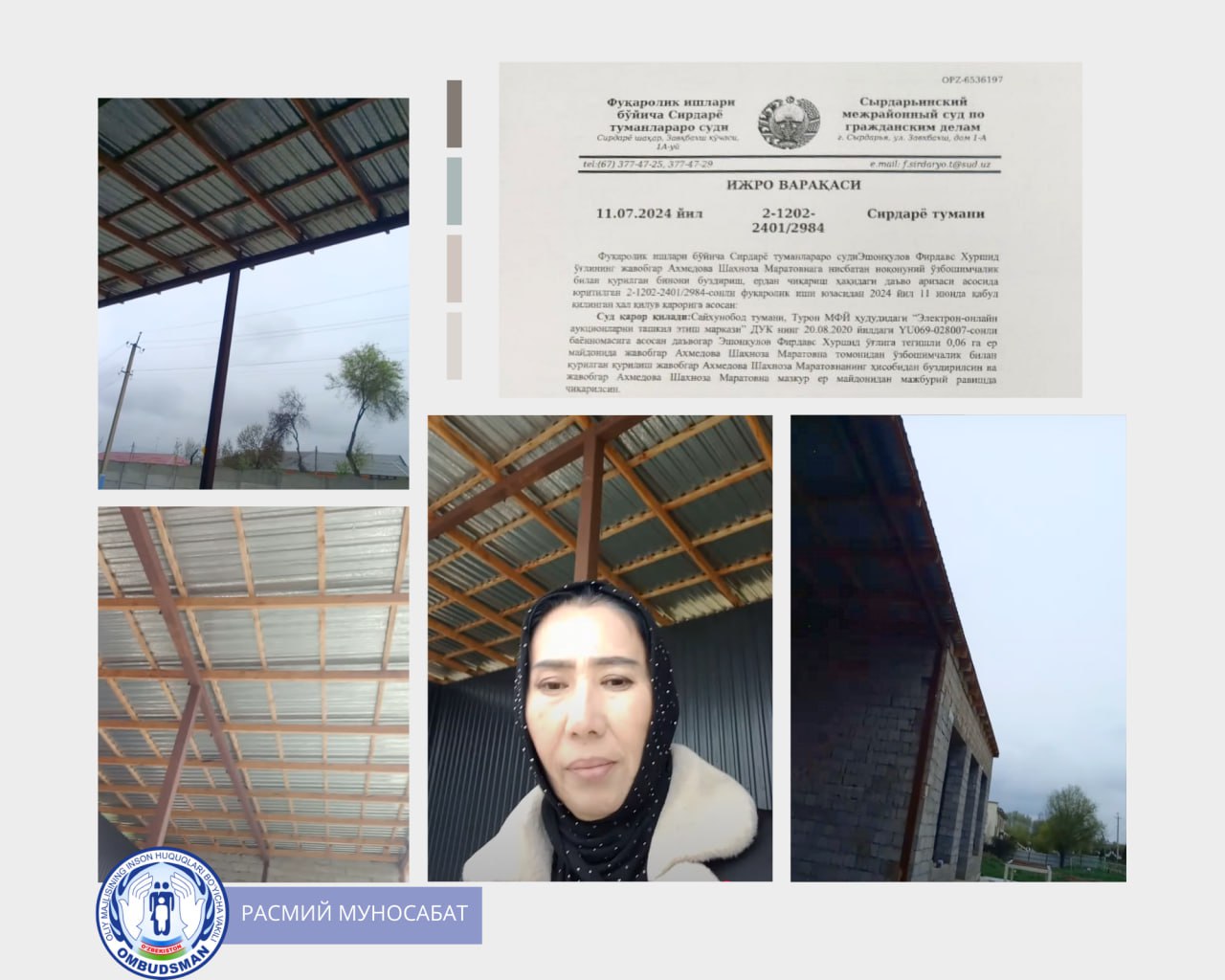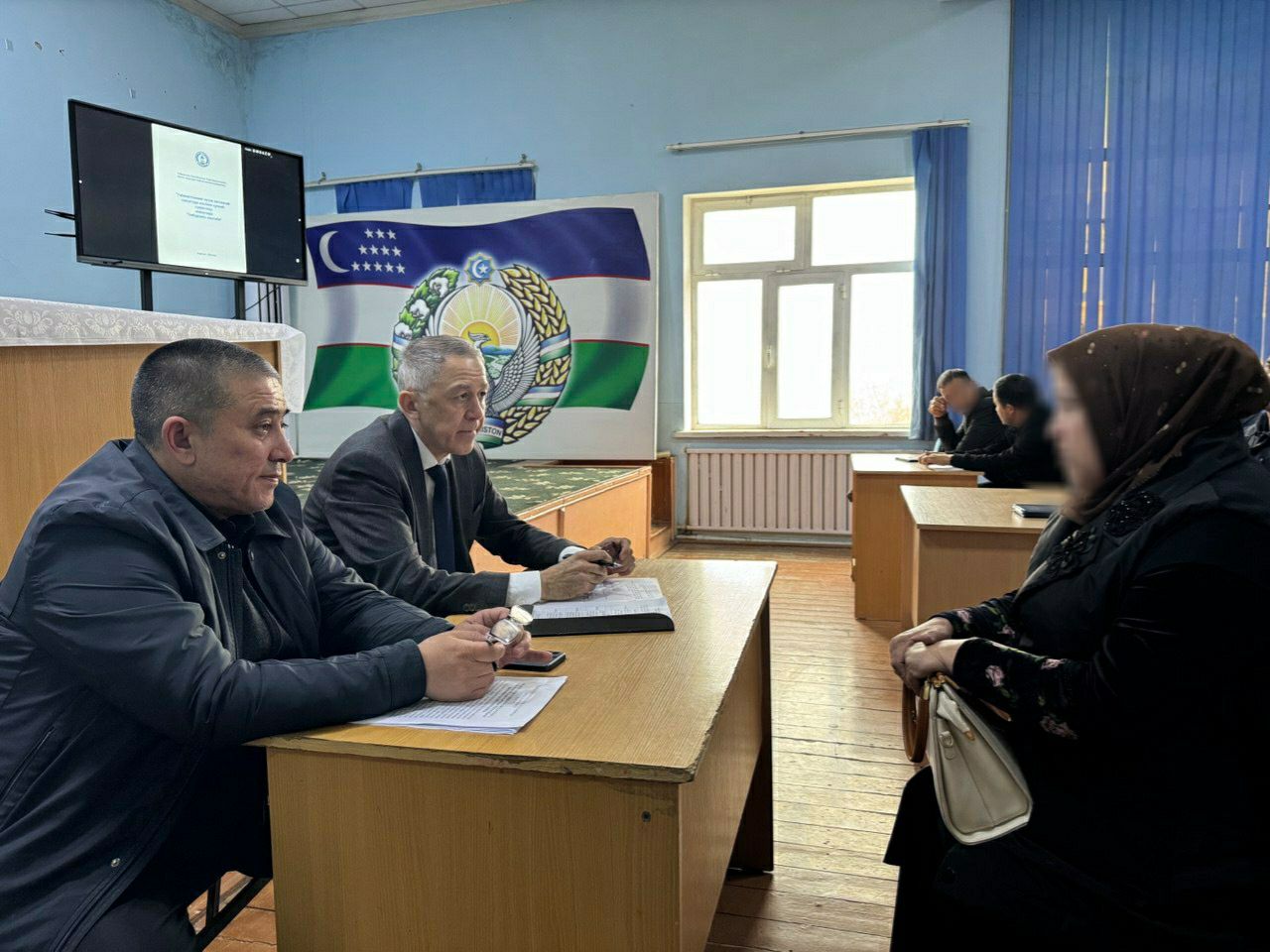“Ensuring access to justice for girls and boys means availability of systems, policies and practices to use fair, timely, and effective remedies for violations of all rights for every child, including rights to education, health, social protection and protection from violence and abuse”, said Munir Mammadzade, UNICEF Representative in Uzbekistan. “Collective efforts of specialized justice, administrative and social workforce are to be directed towards the best interest of the child that addresses his or her specific needs, age, gender and ability”, he added.
Since 2016 Uzbekistan has been continuing to carry out a new stage of legal and judicial reforms aimed at bringing national legislation and law enforcement practices in compliance with international standards and introducing the best international practices on the rule of law. Though some significant legislative changes have been achieved during the course of the reforms, ensuring access to justice for children has not been marked as a separate priority on the legal and the rule of law reform agenda of Uzbekistan.
“Access to justice for children is not only about strengthening justice and administrative systems. It is about close interaction and cooperation among various state bodies”, said Aliya Yunusova, Children’s Ombudsperson. ”Access to justice for children implies the availability of non-custodial sentences in the first place and the use of deprivation of liberty only as a measure of last resort”.
The conference, which brought together members of the Senate and Legislative Chamber of Oliy Majlis, representatives of responsible state agencies, professionals, civil society advocates, academicians, international experts and representatives of the UN agencies and other international organizations present in Uzbekistan.
Participants of the conference agreed on short, mid and long-term actions to enhance access to justice for children in Uzbekistan. They made the following broad recommendations with detailed action points for each of them:
1. Development and adoption of comprehensive legal and policy frameworks to ensure equitable access to justice for children.
2. Ensuring specialization of criminal, civil and administrative justice systems and adapting redress mechanisms to the rights and needs of children in contact with the law.
3. Ensuring provision of timely and adequate legal aid to children in contact with the law.
4. Use of deprivation of liberty of children as a measure of last resort and for the shortest time possible.
5. Enhancing data collection and management, as well as research on access to justice for children for the development, implementation, monitoring and evaluation of policies and programmes.
6. Launching initiatives for the legal empowerment of children and engage families and professionals in supporting children’s access to justice.
7. Enhancing intersectoral cooperation to ensure equitable access to justice for children.
8. Addressing social norms that impede access to justice for children.

























